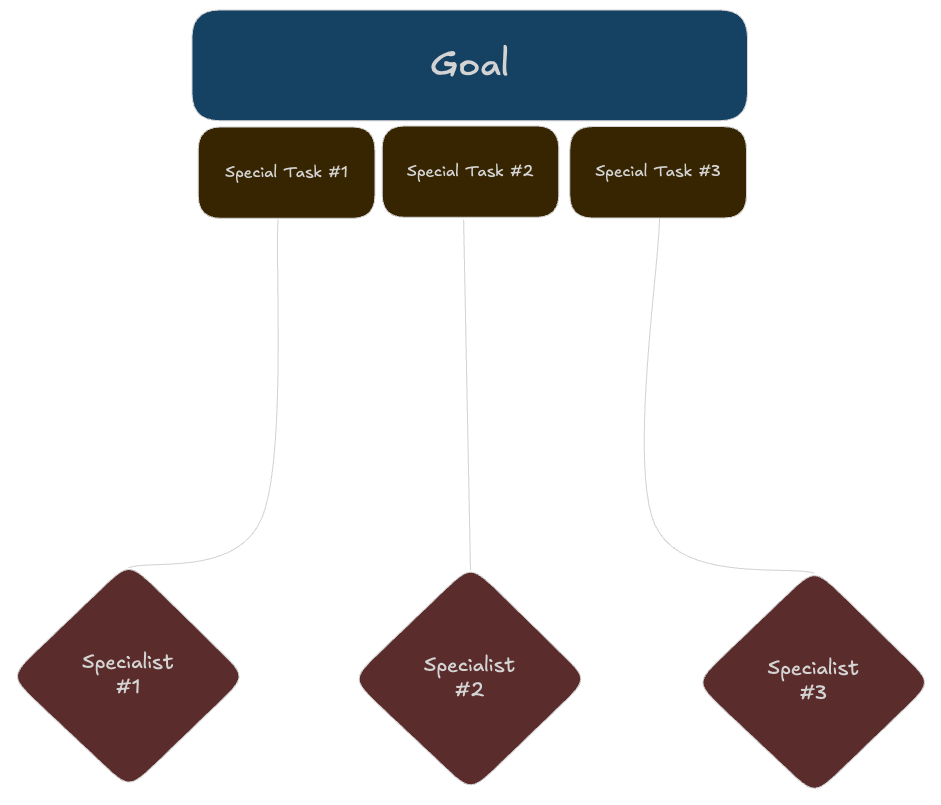Dedicating myself to Vex Robotics is an experience I will never forget. Being forced to meet deadlines, achieve certain goals, and manage team interactions is an extremely valuable experience not many young kids are afforded. Robotics is like a free response test, if you didn't read the book you'll fail. The harsh reality check of robotics is immediate feedback on whether what you're doing is correct or not.
Earning respect
There are many paths to becoming a leader but only a few earn the respect of your team. The more valuable you are the more respect you will earn from your team. Napoleon earned the undying respect of his men by fighting alongside them and sharing their conditions. If you don't contribute to the team you will obviously not be respected when you command.
Setting goals
In order to have a functioning team you need to assert a goal and organize the team to accomplish it. One of the most important foundational skills as a leader is the ability to assign roles to individuals and ensure each sub-team is pulling their weight. In Robotics this would look like: aligning each member to the role they are best at, setting a goal and deadline, and making sure the team stays on track. If you've any experience in computer science you can think of assigning roles as parallel processing the goal.

Again this advice seems obvious but in Vex Robotics it is common for people to want to diversify their workload which isn't necessarily bad but if they do so in neglect to their assigned task the goal won't meet deadlines. I have been on teams before where members come and go between tasks and it didn't end well. Sometimes there just isn't room for 5 builders.
Small and Efficient Teams
Last year was the first year of 2072A and we did phenomenally. We competed at the national level multiple times and won our state competition. We were a four person team. Something worth noting before looking at the figure below is that I took a learning role on the team as I was a freshman amongst an all senior team.

The team was ultra efficient because the small sized meant there were less interactions between us. The biggest reason why modern organizations stagnate is due to large team sizes which increases friction. The problem with having a small team is the workload and skills required to fulfill the role. Each individual needs to pull their weight efficiently for a small team to work properly. That's part of the reason I personally chose to pivot to a private robotics team instead of a public organization. On a private team I could select my members and assemble a small, efficient, and organized team.